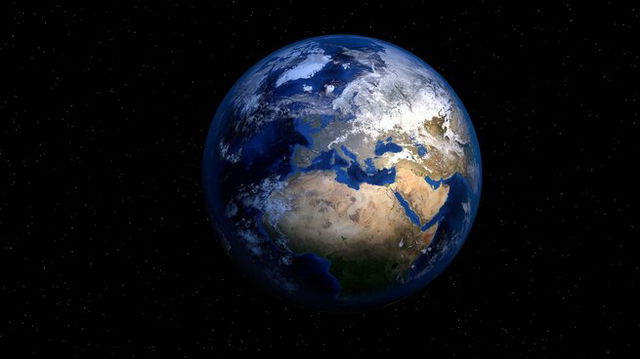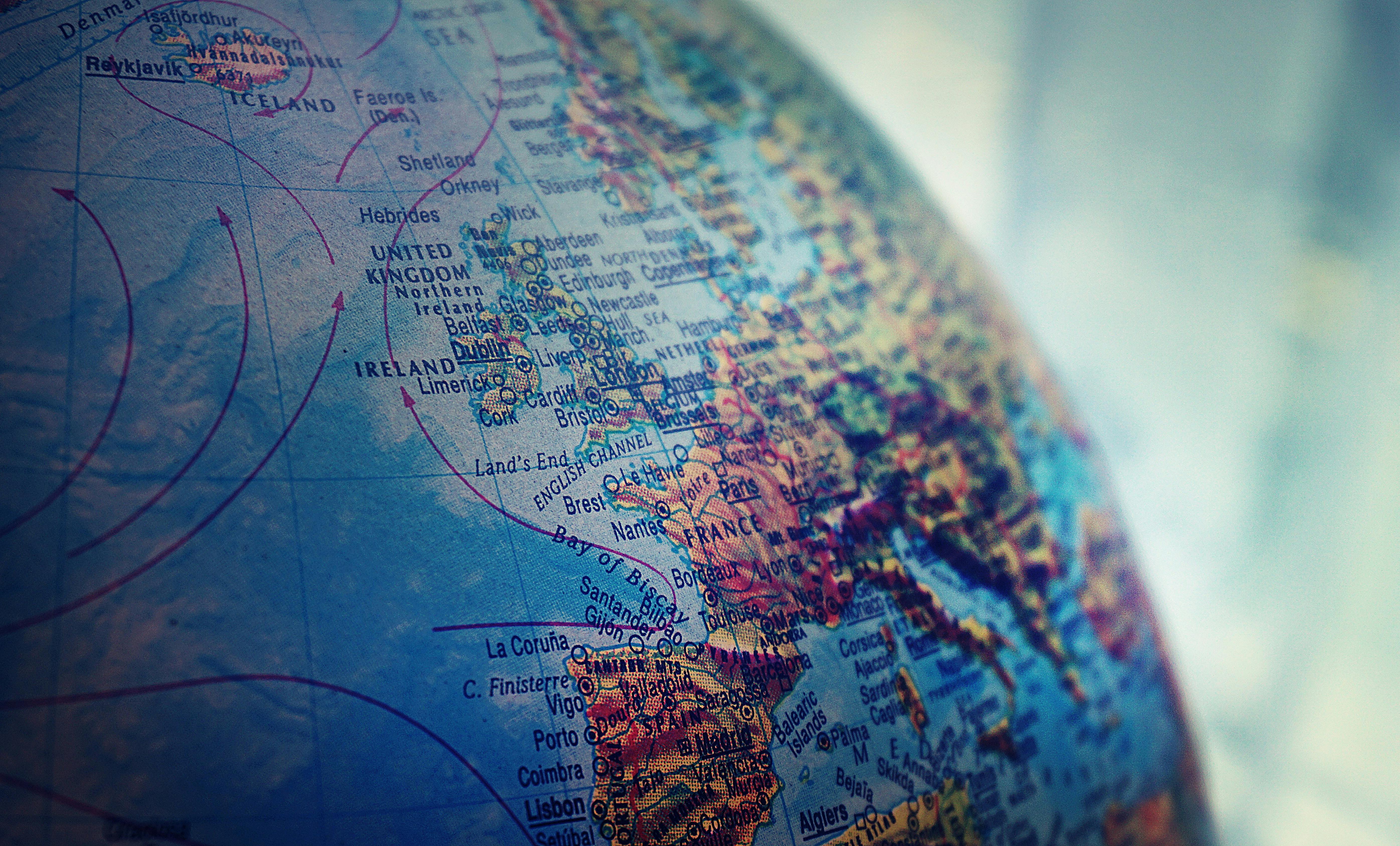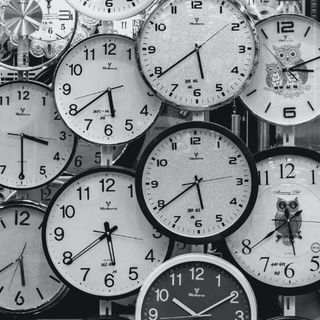- Calendar
- Calendar 2026
- March
- Earth Hour
Earth Hour
Earth Hour is observed annually on the last Saturday of March. From 8:30 p.m. to 9:30 p.m., people are encouraged to turn their lights and non-essential appliances off to raise awareness about the issues of climate change and encourage people to do something to protect the planet.

How did Earth Hour start?
The WWF began Earth Hour In 2007. As an international organization, the WWF (World Wildlife Fund) has become increasingly aware of the action that needs to happen to preserve the planet for future generations. Evidence of climate change encouraged the organization to take action.
The WWF chose Sydney in Australia to be the location of their first Earth Hour campaign, also known as The Big Flick. The event took place in Sydney on March 31, 2007, between 7:30 and 8.30 p.m. The event was a success with approximately 2.2 million taking part in the event, switching their lights off for the hour.
Why is Action Needed
Turning off lights and non-essential appliances is encouraged because it serves a few important purposes:
-
Environmental Impact: Energy production generally tends to involve the burning of fossil fuels. This then contributes to the release of greenhouse gases like carbon dioxide. These gases trap heat in the Earth's atmosphere, leading to global warming and climate change. By reducing energy consumption, individuals can help mitigate these environmental impacts.
-
Resource Conservation: The production of electricity requires the use of finite resources, such as coal, natural gas, and oil. By using less energy, we can help to conserve these resources and ensure they are available for future generations.
-
Climate Change Mitigation: Climate change itself poses dangers to life on Earth, these include rising temperatures, extreme weather events, and disruptions to ecosystems. Energy conservation is a very easy way to play a part in delaying and maybe even reversing climate change.
-
An action such as turning off lights during Earth Hour is also useful as it raises public awareness about the environmental consequences of energy consumption. It also educates people about the consequences of their actions on the health of the planet.
A Global event
The number of people that took part in the very first 'Big Flick' surprised many onlookers from other countries around the world. As a result, Earth Hour expanded and was celebrated across the globe in 2008 with people from over 30 countries taking part.
The WWF increased the action they took across the world, hosting events, organizing campaigns and petitions, and lobbying governments to make policy changes.

With the backing of governments, some big gestures have been made over the years, and some of the largest and most well-known monuments and places have been plunged into darkness:
- In 2008 The city of San Francisco switched off the lights on The Golden Gate Bridge and the Colosseum in Rome was also darkened.
- In London, Big Ben and The Houses of Parliament went dark in 2009 in recognition of Earth Hour. So too did Nelson's Column and the National Gallery.
- Across Europe, The Eiffel Tower and the dome of the Vatican also went dark in 2009.
- In South America, the lights of the Christ the Redeemer statue in Rio de Janeiro is dimmed and in Beijing China, government buildings are also dimmed.
- During the COVID-19 pandemic in 2020 Earth Hour took place online as a campaign that challenged people to think beyond switching lights off and to think about the greater impact of climate change and future pandemics.
As a global event, Earth Hour also serves as a platform for politicians to use to state their intentions and policies. In 2022 Canadian Prime Minister Justin Trudeau took the opportunity to announce new partnerships and energy deals.
What to do during Earth Hour?
During Earth Hour, people around the world turn off their lights for one hour at 8:30 p.m. in their local time, because of this the events travel across the world one timezone at a time and you can see how other countries observe Earth Hour before and after your countries turn.
The Earth Hour campaign is not only about trying to encourage us to have better discipline with our electricity, but it challenges us to try to live more sustainably. This means changing our lifestyle in other ways, including:
- be more careful with the earth's resources, including food, water, and our natural environment.
- Think carefully about lifestyle choices, such as how often and how far we drive, how we use energy at home, and what we spend money on.
Check out the following dates:

Other Celebrations
-
Mar 20 Thu
-
Apr 22 Tue
-
Apr 22 TueInternational Mother Earth Day
-
May 01 Thu
-
Nov 12 Wed
-
Mar 08 Sun

Earth Hour 2025
Date: Saturday, 27 March 2027
Date: Saturday, 25 March 2028
Date: Saturday, 31 March 2029











